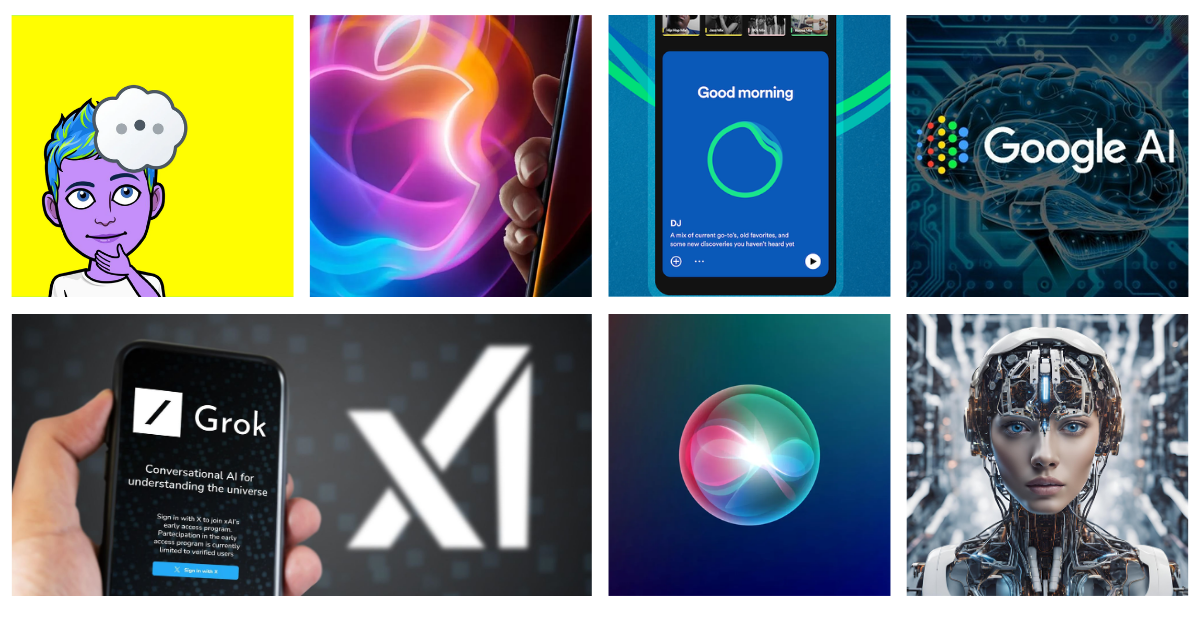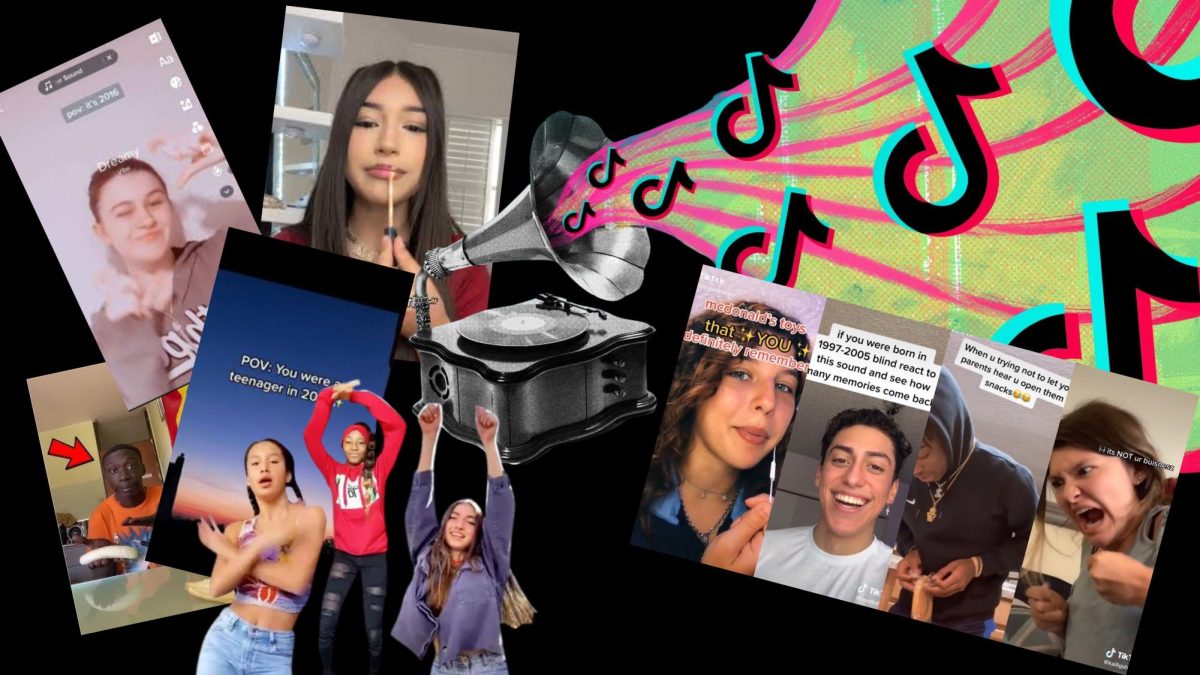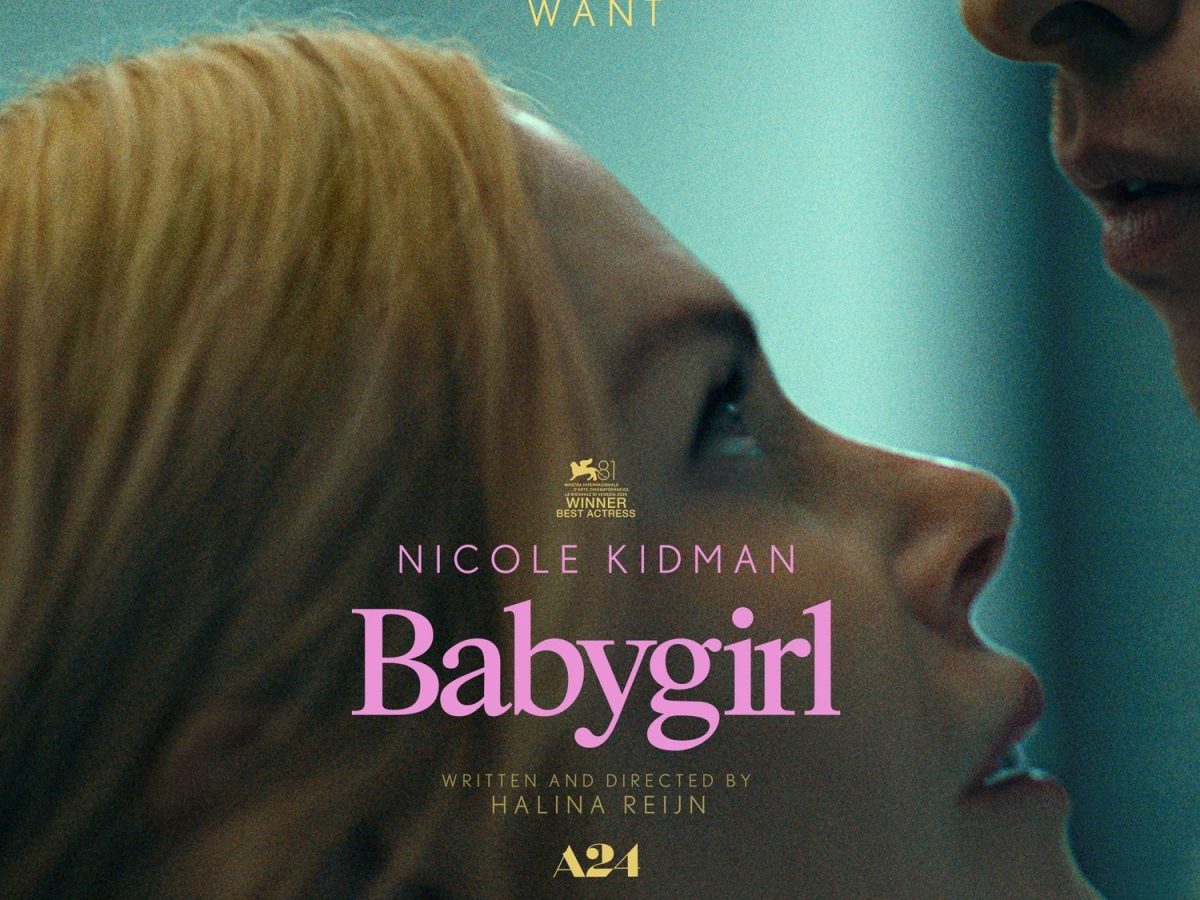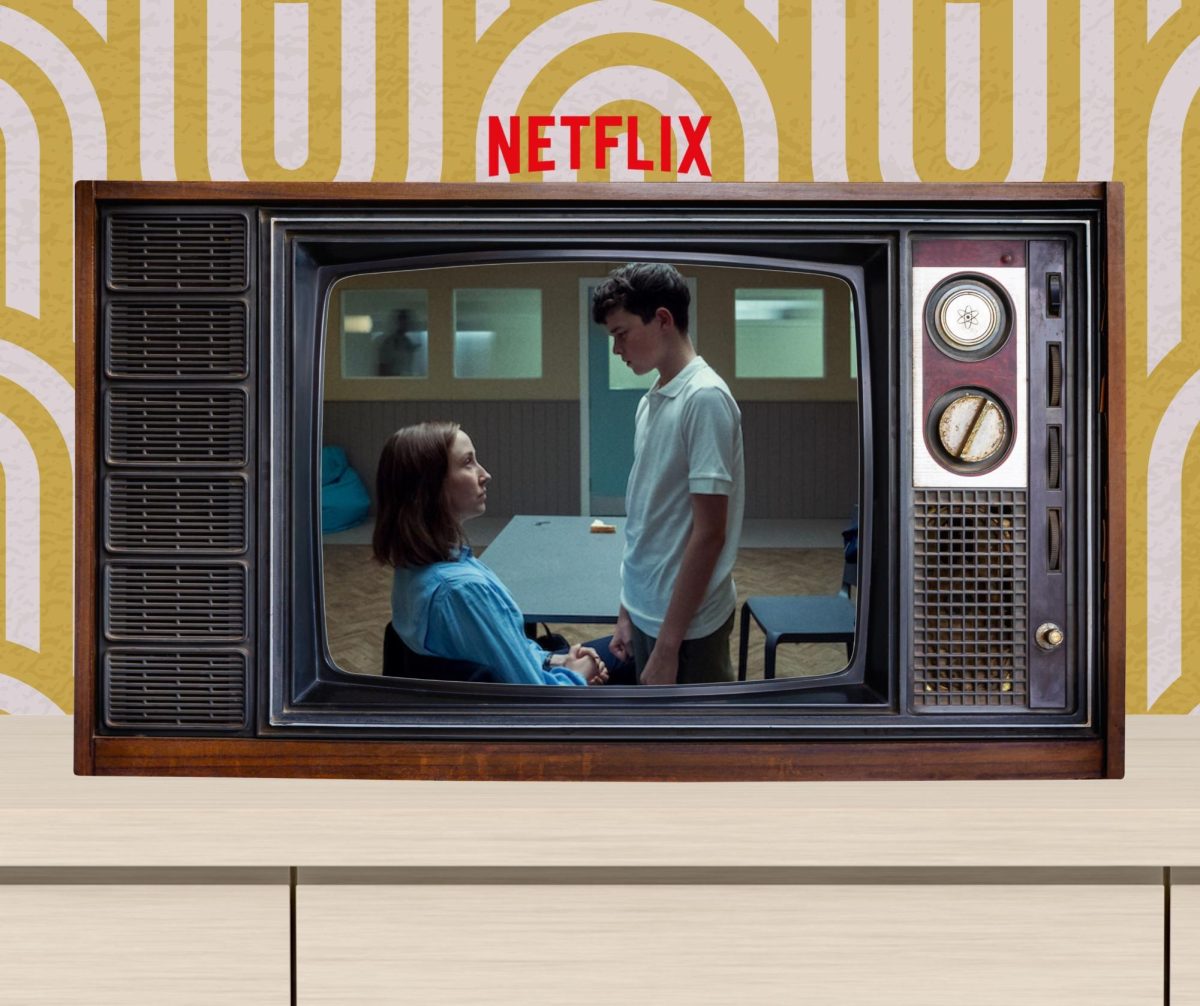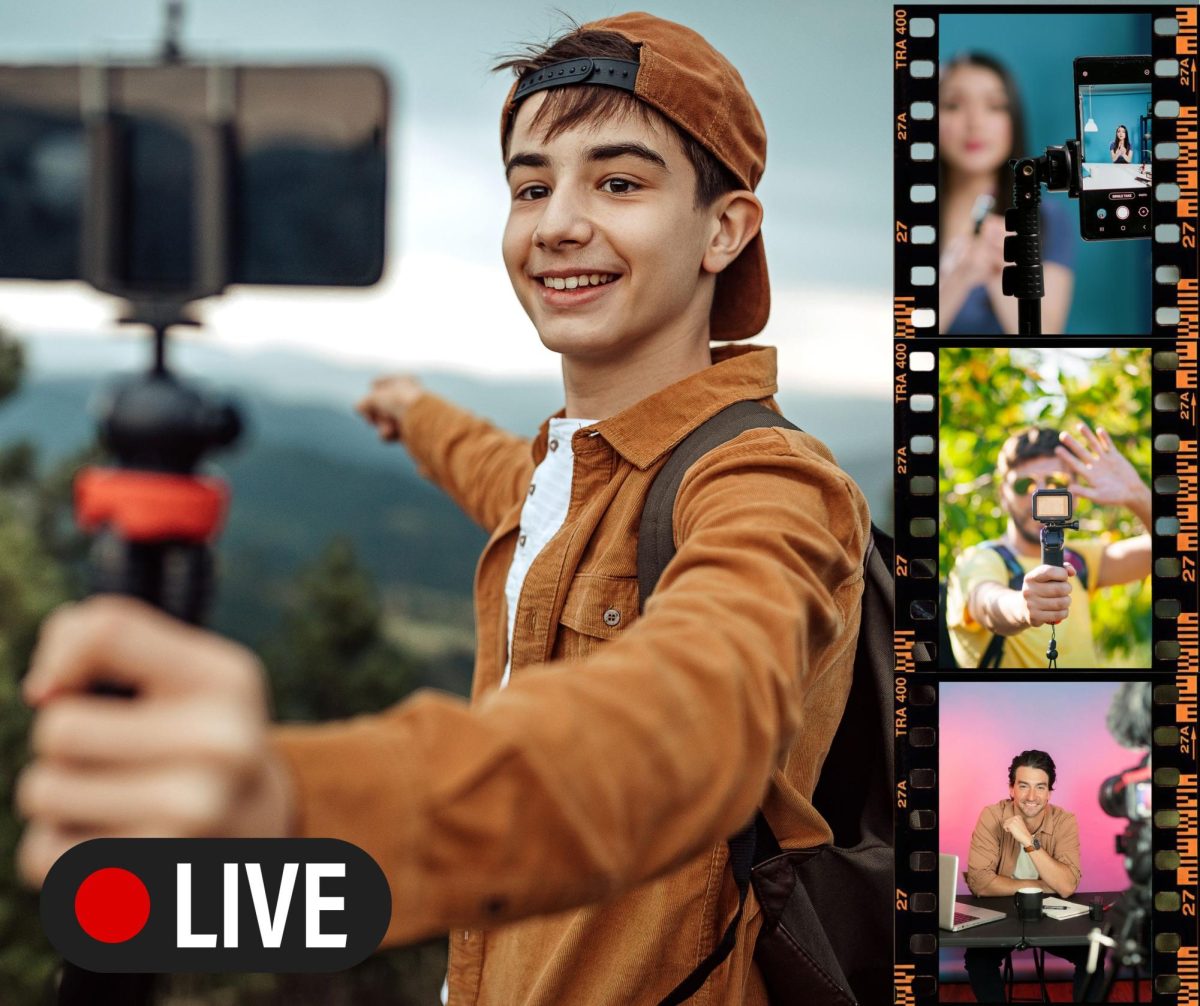Yep. Artificial intelligence. AI. It has firmly rooted itself in so many aspects of our lives—or, more accurately, planted fears and hopes of it changing aspects of our lives. Because, as we’ve seen in the past few years, AI has done…. surprisingly little. What was once posited as something rivaling the invention of the Internet has revealed itself to be occasionally helpful but primarily gimmicky. It’s perhaps been debated more than it’s been used. Despite this, companies have rushed to mirror the explosion that occurred with ChatGPT, which turned it from a buzzword into a household name. Nowadays, every single company vaguely related to technology has found a way to integrate it into their services.
Spotify AI
Spotify AI was introduced to the platform in February, 2023. Interestingly enough, this AI was different from its competitors, the AI, more commonly known as DJ, utilizes common listening patterns and playlists to curate a personal music session. This allows people to discover new music and not have to worry about picking their next song–-an idea that would be cool if we lived in a world where playlists were never invented. Indeed, after the latest Spotify Wrapped (an overview of a user’s annual listening patterns), many users have been severely disappointed in the platform’s lack of effort and creativity. Compared to 2023’s Spotify Wrapped, 2024’s was short of many aspects that made Spotify popular. Missing information included “aura” readings, top genres, and additional playlists. It was later revealed that Spotify Wrapped was delayed because Spotify was including AI in the latest Wrapped. Instead of being met with excitement, this Wrapped generated frustration, with many seeing the lackluster work take so long to be produced just for some robot-generated playlists.
Apple AI
With the latest release of iPhone 16 in June, 2024, Apple introduced their least surprising feature yet: Apple Intelligence. Although it’s also joining the AI bandwagon, it’s slightly different from other chatbots. Rather than Apple Intelligence giving Google-able answers and advice, it offers writing assistance, voice message and email summaries, and prioritized notifications. What most piqued the interest of users was the ability to AI generate emojis throughout the device. However, this wasn’t nearly as revolutionary as Apple promoted it. The software is only available by upgrading to iPhone 15 and above, which forces you to shell out $1000 or more for a service that can, at best, be described as “moderately helpful.”
Snapchat AI
Snapchat was one of the first social media apps to integrate AI, but it’s probably the least useful out of all of them. There seems to be little to no features that the AI has other than customizing its avatar and assisting with homework. And unfortunately, this AI can not solve all the scholarly dilemmas students have with their essays and math problems. Through a couple of texts, users will realize the vagueness and unreliable information the AI gives out.
Google AI
The idea of integrating AI into a search engine is obvious. After all, they complement each other well: search engines can’t recognize natural language but can give you highly specific information and help you find what you’re looking for, whereas an AI can recognize natural language. So it didn’t come as a surprise when Google launched its Bard AI in 2023 (later renamed Gemini). Unfortunately, the AI offered by Google Search (and most other search engines) simply absorbs the worst of both worlds. The automatic AI response often simply rephrases the first few search results, with the only addition being sprinkles of misinformation. Images of Gemini producing widely inaccurate results for search queries have popped up and garnered loads of attention, although the ease with which you can fake results brings many of these into question.
Grok
Elon Musk’s refusal to give anything a normal-sounding name isn’t exclusive to children or apps–-it also applies to his AI. Included in X (formerly known as Twitter), it was previously restricted to X Premium (an $8/month subscription) but is now offered for free. Musk’s vision was to create a less filtered alternative to more mainstream AI like ChatGPT, but this has not come to fruition: Grok’s “fun mode,” designed to be more outlandish, was recently removed from the service.



